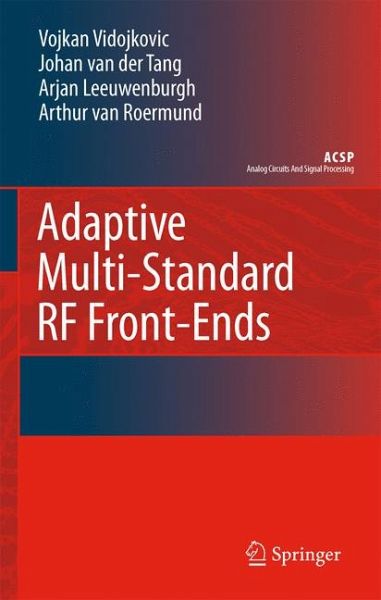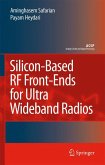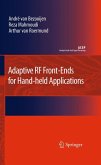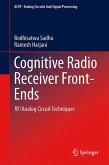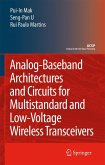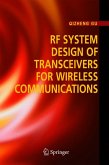Since the radio environment is variable, the application of adaptivity in RF transceivers results in the reduction of their power consumption. Eventually, it is reasonable to believe that RF front-ends will be smart in the sense that they will be able to monitor the radio environment and to adapt themselves to the changes in this environment paving the way for a cognitive radio.
Adaptive Multi-Standard RF Front-Ends investigates solutions, benefits, limitations and costs related to multi-standard operation of RF front-ends and their adaptivity to variable radio environments. Next, it highlights the optimization of RF front-ends that allow achieving of maximal performance with a certain power budget while targeting full integration. Also, it investigates possibilities for low-voltage low-power circuit topologies in CMOS technology.
The concepts and considerations presented in this book have been validated through the design and implementation of the reconfigurable multi-band DECT/Bluetooth RF front-end in 0.18 um CMOS technology.
The successful design and implementation of the reconfigurable DECT/Bluetooth RF front-end is the result of systematic approach through all the steps in the design flow of a multi-standard front-end starting with the system level design, continuing with the circuit level design and implementation, and ending with the validation based on measurements.
Dieser Download kann aus rechtlichen Gründen nur mit Rechnungsadresse in A, B, BG, CY, CZ, D, DK, EW, E, FIN, F, GR, HR, H, IRL, I, LT, L, LR, M, NL, PL, P, R, S, SLO, SK ausgeliefert werden.

